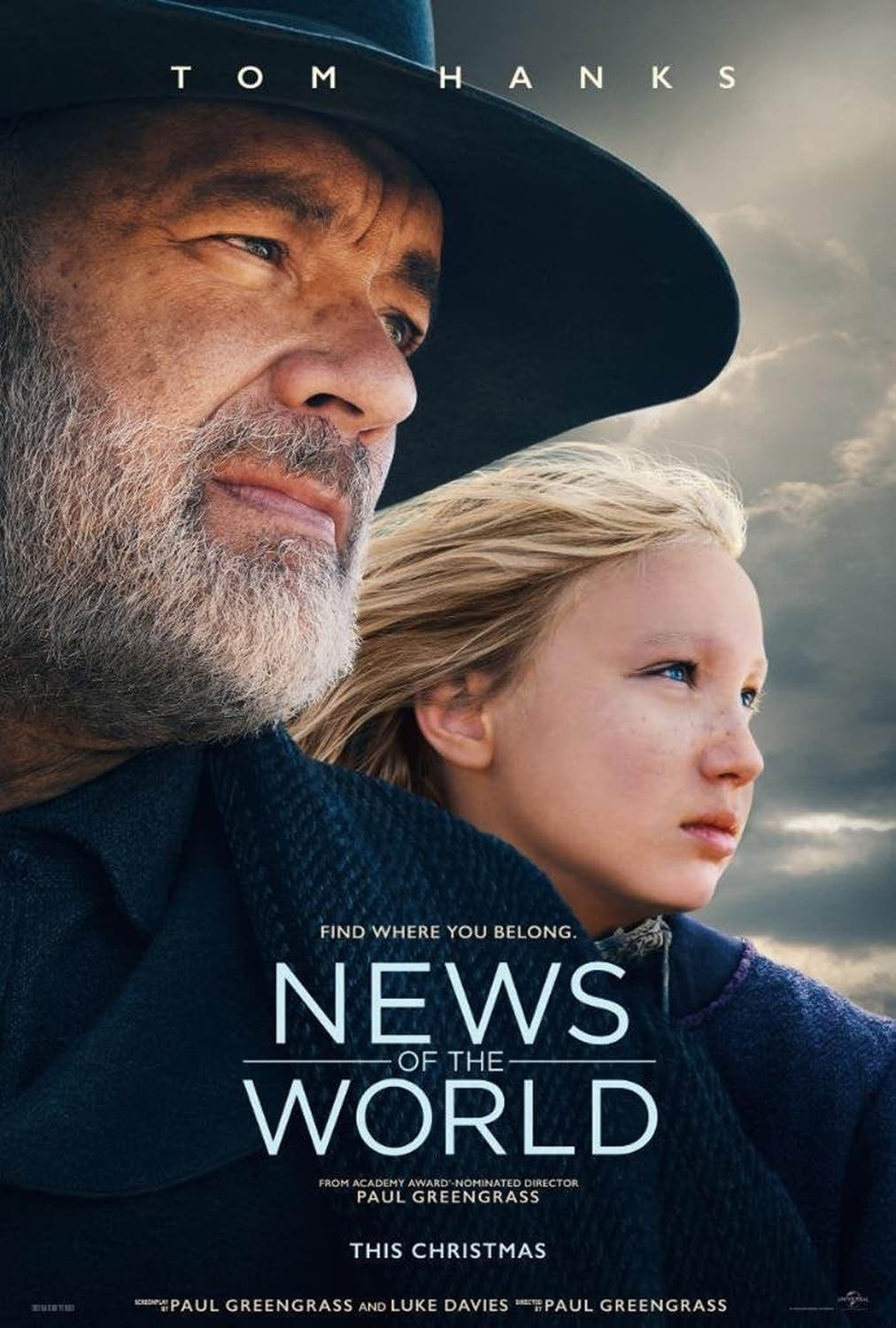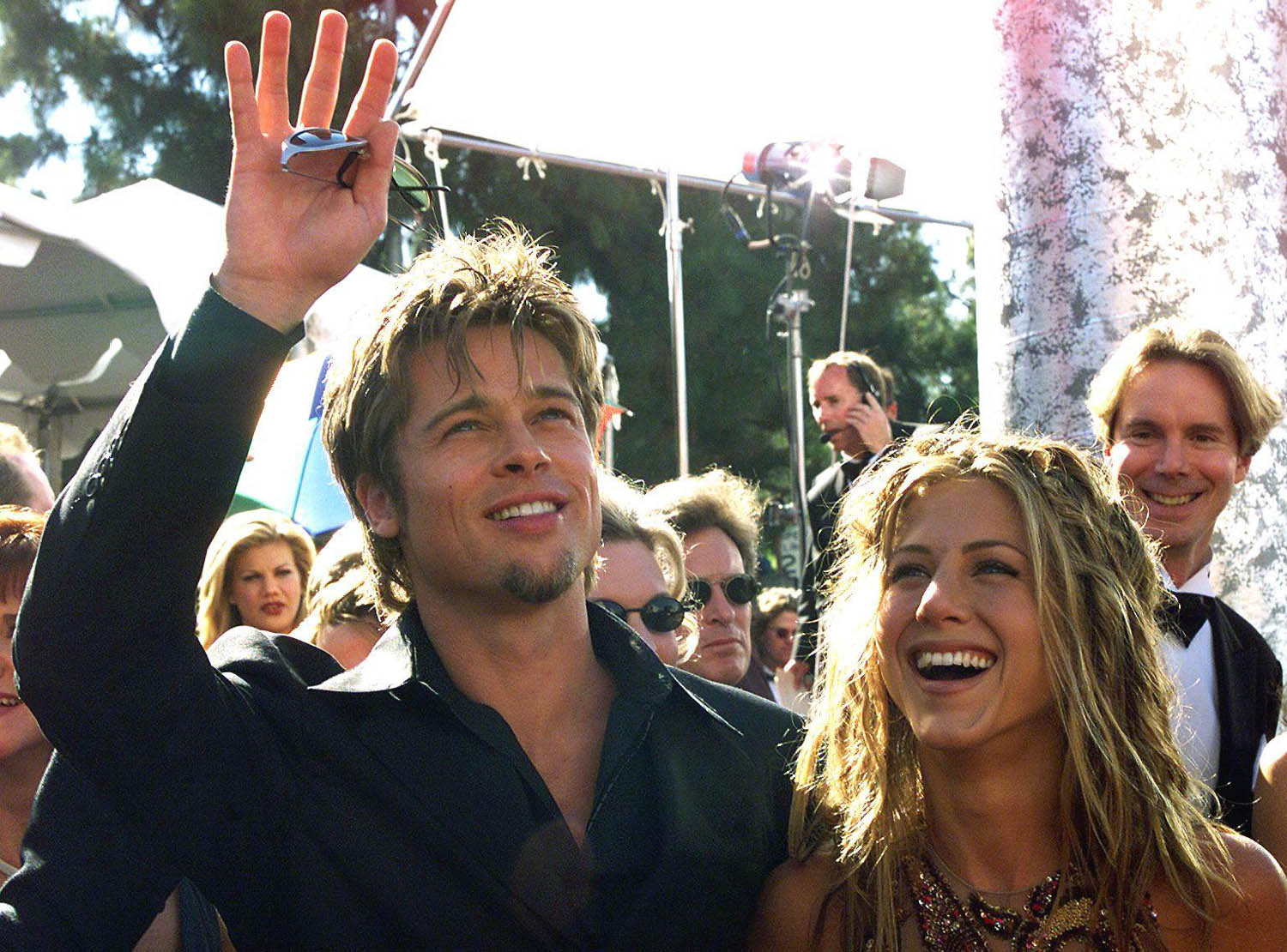News of the World is the dad movie of 2020



In News of the World, Tom Hanks stars as the extravagantly named Captain Jefferson Kyle Kidd, a world-weary Civil War veteran who is atoning for his Confederate past by attempting to bring frontier communities together through the power of stories.
In 1870, Kidd crisscrosses Texas to read the news to people. It is not “a rich man’s living” as he says, but he seems content to tell stories to people in towns with no telegraph or newsprint of their own. A one-time preacher and newspaperman himself, Kidd understands the power of news to communities, something he seems to feel even more keenly in the Reconstruction South. Directed by Paul Greengrass, who previously worked with Hanks on Captain Phillips, and adapted from Paulette Jiles’ novel of the same name by Greengrass and Luke Davies, News smartly avoids Kidd openly contemplating the state of the nation in 1870; instead, we are treated to several sequences in the front half of the film that drive home the bitter divisions and resentments that remain. Of course, we live with the infected remnant of these divisions today, which lends News a certain timeliness, but Kidd is like a one-man moral army, trying to heal the country he helped divide by using the news to bring a sense of community to people who would prefer to ignore their Northern neighbors.
The war sits heavily on Kidd. Whether he always knew the cause was morally repugnant and did it anyway, or came to that realization later, it is clear that by the point we find him, he has realized he was on the wrong side, and that the lasting damage of the conflict will be very hard to mend through political action alone. Kidd feels himself cursed by God, and Hanks plays the role with shoulders heavy and his brow almost perpetually furrowed. You can feel the weight of Kidd’s regret and weariness in Hanks’ every action. It’s not like Tom Hanks gives bad performances, but this is especially notable for the way he uses his “America’s dad” persona to sell Kidd’s emotions. There is never any doubt Kidd will do the right thing or that he will fail in any task set before him, his trustworthiness as a screen presence infuses his character. In a previous era, this is the kind of role Jimmy Stewart would play.
Kidd is soon joined by Johanna (German actress Helena Zengel), a ten-year-old found on the side of the road near the site of an obvious ambush. She is an orphan, captured and raised by the Kiowa who killed her German family, but now her Kiowa family is gone, too, slaughtered by whites settling their land. And her escort to her remaining German relatives is dead, too, a Black Indian Affairs (Lainey: this is still the official name of the federal agency in the United States; in Canada, the government has over the years been modifying the naming of federal departments, using “Aboriginal” or “Indigenous” in department titles) officer lynched by, probably, the same people who killed Johanna’s Kiowa family. With no one left to look after her and the US Army unwilling to do anything about it, Kidd takes Johanna under his wing, escorting her to a German settlement in Castroville, Texas. Zengel is incredible, speaking few English lines—she learned Kiowa for the role—but constantly communicating with Kidd and the audience, nonetheless. She holds the screen easily with Hanks, turning News into a touching two-hander about surrogate families and traumatized people helping each other heal (a less than subtle metaphor for the US itself).
News is not interested in demonizing the Kiowa, as past Westerns have often turned Native Americans into the boogeyman. It has more nuance than that, though the only depictions of Natives in this film are limited to a nighttime shot of the Kiowa walking off into the dark during a storm, or another band materializing out of a dust storm at an opportune moment. These are beautiful images, but they are not humanizing, they play right into the most well-meaning mythologizing of Native Americans in the Old West. Cinema is in the process of recontextualizing America’s relationship with its own history, but just once it would be nice if one of these revisionist Westerns cast actual Natives as real, human characters and not larger-than-life myth. (On that note, I recommend Mohawk, streaming now on Amazon Prime.)
News of the World is the top candidate for your dad’s favorite movie of 2020. That’s not a bad thing; this is a very handsome, thoughtful film that somewhat wrangles with the jingoism, white supremacy, and pro-manifest destiny of Western films past. It’s just that News of the World, like Ford v Ferrari before it, is exactly the kind of movie you can watch with your dad, confident that he will like it. And though it takes a revisionist approach to the genre, it is still a Western and it doesn’t go far enough in condemning America’s westward expansion to make anyone really uncomfortable. It sort of makes the “a few bad actors” argument on that front, rather than meditating on whether or not America’s expansion is as much of an inherent moral evil as the Civil War. That’s probably asking too much from a film starring Tom Hanks in dad mode, though, and for an empathetic portrait of traumatized people forming a family in a very harsh world, News of the World does what it does very well.
News of the World will be in theaters in the US and Canada from December 25, and PVOD from January 15, 2021. It will be streaming on Netflix in all other territories in 2021.
Video: https://www.youtube.com/watch?v=zTZDb_iKooI

